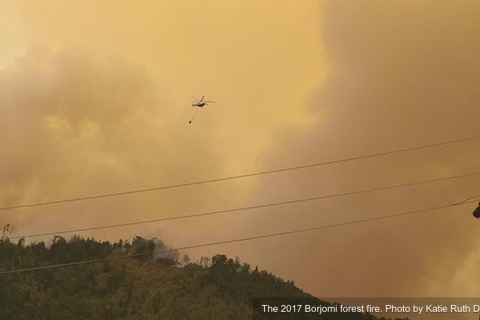Climate resilient land-use planning in Mozambique
From 6-18 November, Egypt will host the COP27 Climate Summit. This year marks the 30th anniversary of the adoption of the UN Framework Convention on Climate Change. Despite this long trajectory and the progress made, climate change has increasingly severe effects across the world. The LAND-at-scale program acknowledges the central role of climate change. In a short series of blogs, the knowledge management team highlights the diverse impact that climate change has on communities across the world, and how LAND-at-scale projects contribute to adaptation and mitigation measures on the ground.











